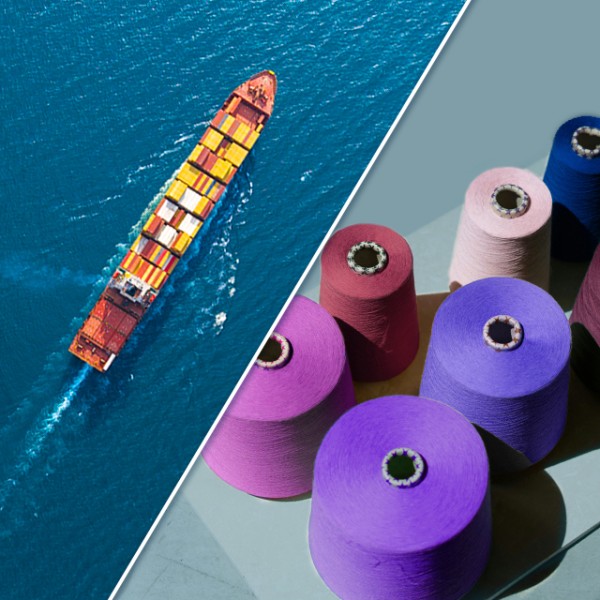October 2025
The new reputational risk Japan can’t ignore
Japan has long been viewed as one of the most stable and responsible business environments in the world. Its companies are known for reliability, good governance, and strong environmental management. Yet a new wave of business conduct risk – linked to supply chains, labor practices, and regulatory scrutiny – could start to challenge that reputation.
# From environmental strength to emerging vulnerabilities
Japan’s environmental record continues to outperform global peers. Compared with the US or EU, Japan faces relatively low environmental risk exposure and enjoys a more balanced overall risk profile. As other markets tighten due diligence and accountability standards, Japan, too, is moving away from long-standing reliance on voluntary corporate practices. The new sustainability disclosure standards from the Sustainability Standards Board of Japan align closely with those of the International Sustainability Standards Board.
# Sustainable business conduct profile: Japan vs peers
Share of incidents by risk group | Fiscal year Aug 2020 - 2025
However, Japan’s sustainable business conduct profile suggests emerging social and governance risks. As global due diligence and sustainability regulations expand, issues such as human rights and supply chain transparency are increasingly critical. Japanese companies with operations or clients in regions like the EU will need to comply with standards such as the Corporate Sustainability Due Diligence Directive (CSDDD), regardless of domestic laws. These governance issues are now central to investors’, regulators’, and the public’s evaluation of corporate integrity.
# Chains of accountability
Supply chain transparency is becoming a pressure point. Retail is by far the most exposed sector to supply chain risk. A recent RepRisk report on one particularly significant segment of the retail sector – fashion – found that human rights violations and poor working conditions account for the majority of reported risk incidents. At the same time, environmental and land-use issues are creeping deeper into Japan’s supply chain exposure, particularly as biodiversity concerns intersect with trade and finance.
Meanwhile, RepRisk data shows a clear link between biodiversity risk and misleading sustainability claims. In Japan, greenwashing-related incidents doubled in 2024 following the introduction of the Financial Services Agency’s anti-greenwashing guidelines. This sharp rise is not necessarily reflective of worse corporate behavior but rather of growing regulatory and investor scrutiny – and a lower tolerance for reputational lapses.
# Greenwashing as a share of risk incidents by country
# Human rights under the lens
Japan is also seeing an increase in social and labor risks. Human rights abuse now tops Japan’s domestic risk chart, rising four percentage points since 2021. As investors and regulators acknowledge the interconnected nature of global supply chains, poor labor conditions and discriminatory practices are seen as growing threats to both corporate performance and social stability.
Companies face growing pressure to demonstrate credible human rights practices, yet many fall short of their public commitments to ethical sourcing and responsible labor standards. This gap between rhetoric and reality has fueled rising concerns over social washing, as firms continue to market themselves as socially responsible while lacking visibility into complex supply chains where labor abuses often remain hidden and unaddressed.
Japan’s government has introduced voluntary Guidelines on Respecting Human Rights in Responsible Supply Chains that apply to both domestic and overseas operations. These call for companies to identify, assess, prevent, and mitigate human rights impacts, and to disclose their actions. However, voluntary measures may not be enough as trading partners – especially in Europe, but also in countries like Singapore and Australia – move toward binding legislation on human rights and due diligence.
# Japan's risk progression over past 5 years
Risk divergence between Aug 2020 -> Aug 2025
# Reputation as resilience
It’s clear that Japan’s strong environmental performance alone will not insulate companies from reputational damage. Future resilience depends on how transparently and responsibly businesses manage their global footprints. Business conduct risk has become strategic risk, and the cost of inaction is rising fast.
In the coming years, Japan is expected to align more closely with EU sustainability standards and advance toward binding sustainability and human rights legislation. Companies that move early – embedding due diligence, real-time monitoring, and transparency into their operations – will not only meet compliance demands but will help define the next chapter of responsible business in Japan.
Get in touch
Find out more about how our data can help to assess and manage reputational risk linked to supply chain and human rights: Request a demo.
Copyright 2025 RepRisk AG. All rights reserved. RepRisk AG owns all intellectual property rights to this report. This information herein is given in summary form and RepRisk AG and/or the third party contributors to this report make no representation or warranty that any data or information supplied to or by it or them is complete or free from errors, omissions, or defects. Without limiting the foregoing, in no event shall RepRisk AG and/or the third party contributors to this report have any liability (whether in negligence or otherwise) to any person in connection with the information contained herein. Any reference to or distribution of this report must include a link to the content to provide sufficient context. The information provided in this presentation does not constitute an offer or quote for our services or a recommendation regarding any investment or other business decision, and is not intended to constitute or to be used as a substitute for legal, tax, accounting, or other professional advice. Please note that the information may have become outdated since its publication. Should you wish to obtain a quote for our services, please contact us.



